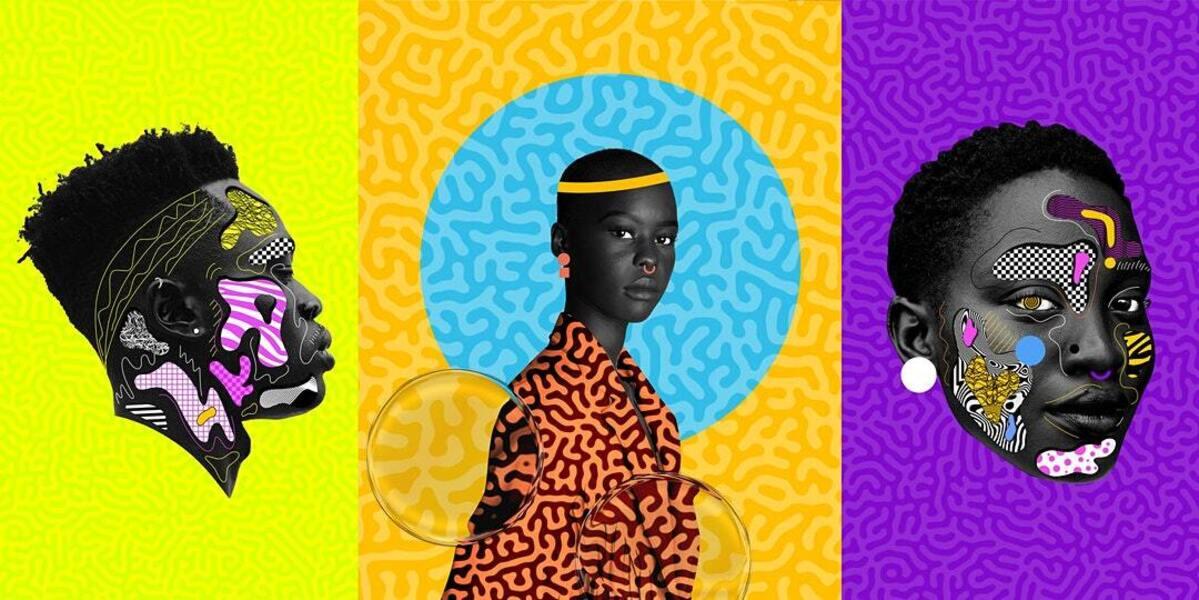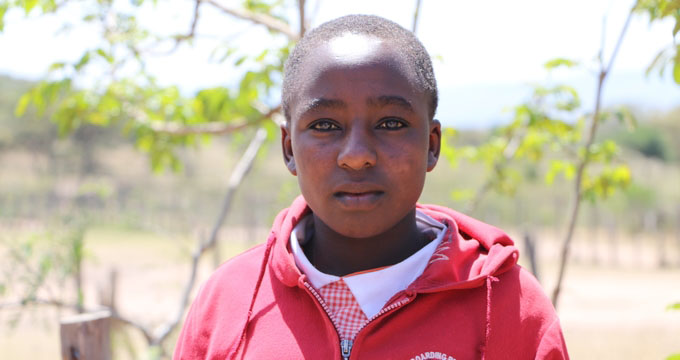8. Reflections and Resolutions.
Artwork by Nigerian-born artist Temi Coker.
The past several weeks of writing this blog have been enlightening to say the least. As we enter a Tier4 lockdown here in the UK, I have been reminded that as a male living in Britain, this pandemic has had a minuscule impact on my daily routine when compared to the intensification of existing inequalities examined throughout the African continent. This blog originated as an attempt to learn more about hydropolitics in West Africa, covering the shortfalls of inadequate governance in Ghana, the complexities of reaching an agreement in relation to transboundary watercourse in the LCB and NBA, whilst addressing mixed use private and community-based approaches when recovering after conflict. After pausing in the fourth week to consider the need to elevate missing voices of African scholarship, with this experience illuminating the dominance of the field by predominantly white scholars, I learnt to adopt an intersectional approach when researching (Crenshaw, 1991). My blog has since evolved to look increasingly at the politicised role of gender in water and development, after discovering the horrific abuse of women and girl by terrorists, the wide-scale prevalence of GBV under the global ‘Shadow Pandemic’, the stigma around ‘shitting’ and entrenched inequalities in WASH.
As a final consideration I want to discuss potential solutions to alleviate gender disparities in the region. Microfinance, is one key proposal, with small loans not requiring collateral being given to individuals and small businesses, who lack access to conventional banking and related services (Armendariz and Morduck, 2010). Such a system has been noted by many as central to female empowerment, providing technical training, whilst also enabling the establishment of small- and medium-sized enterprises (SMEs), proving to be an innovative and replicable system (Monteza, 2015). SME’s are essential to development, with a 'quiet revolution' across African agriculture, following greater interlinking of SME’s with smallholder farms, reflected in the success of the maize-feed-chicken system in Nigeria, 85% of which is carried out by SMEs, many women-led (IFP). However, despite these successes, a multi-pronged approach to alleviating inequalities appears best, with Kato and Kratz (2013) recording how microfinance institutions can in some cases extort money from poor women through high interest rates, causing greater social pressure and in some cases leading to domestic violence. The use of education campaigns related to menstrual hygiene and the breakdown of socio-cultural norms are vital, with movements such as Speak Up Africa’s (SUA) 'No Taboo Periods' campaign signifying hope.
Faith Kiraison ran away from home at 11 to avoid FGM and marriage. She is now an advocate for girls' rights and health, teaching her peers about menstrual health management.
However, going forward it is clear that we must further consider how COVID-19 has altered the playing field dramatically. A maize shortage in Nigeria for example has untangled the aforementioned progress of the maize-feed-chicken (Source), whilst there are widespread fears that the pandemic will replicate the devastating implications of Ebola, closing schools and leading many girls to drop out. UNICEF warns that in the next decade 13m child marriages that would have been averted will occur, and an extra 2m girls will undergo FGM (Economist, 2020), with African governments needing to take bold steps to mainstream gender in their responses to the crisis (UNECA). Policymakers should therefore formulate innovative methods of receiving reports of violence during the 'shadow pandemic', with Spanish abuse victims using the code “Mask-19” at local pharmacies to discreetly signal their plight, providing a potential template. Fundamental prevention is best however, so governments should heighten public awareness campaigns targeted specifically at men and boys, warning of the punitive consequences of GBV.
It has been inspiring to learn of the intricacies of water and politics in West Africa. Thank you.


Lovely final reflection Seb, great job! It's nice to see your engagement with wider issues outside of hydropolitics and the synthesis you provide of this with your own interests. I like that you've centred gender in your discussion and the disproportionate impacts of many of these issues, even going so far as to highlight some potential resolutions here. I've greatly enjoyed reading, good luck in the future!
ReplyDeleteThank you Lucas! I'm glad you've enjoyed following my blog, it has been a pleasure to read yours too.
Delete